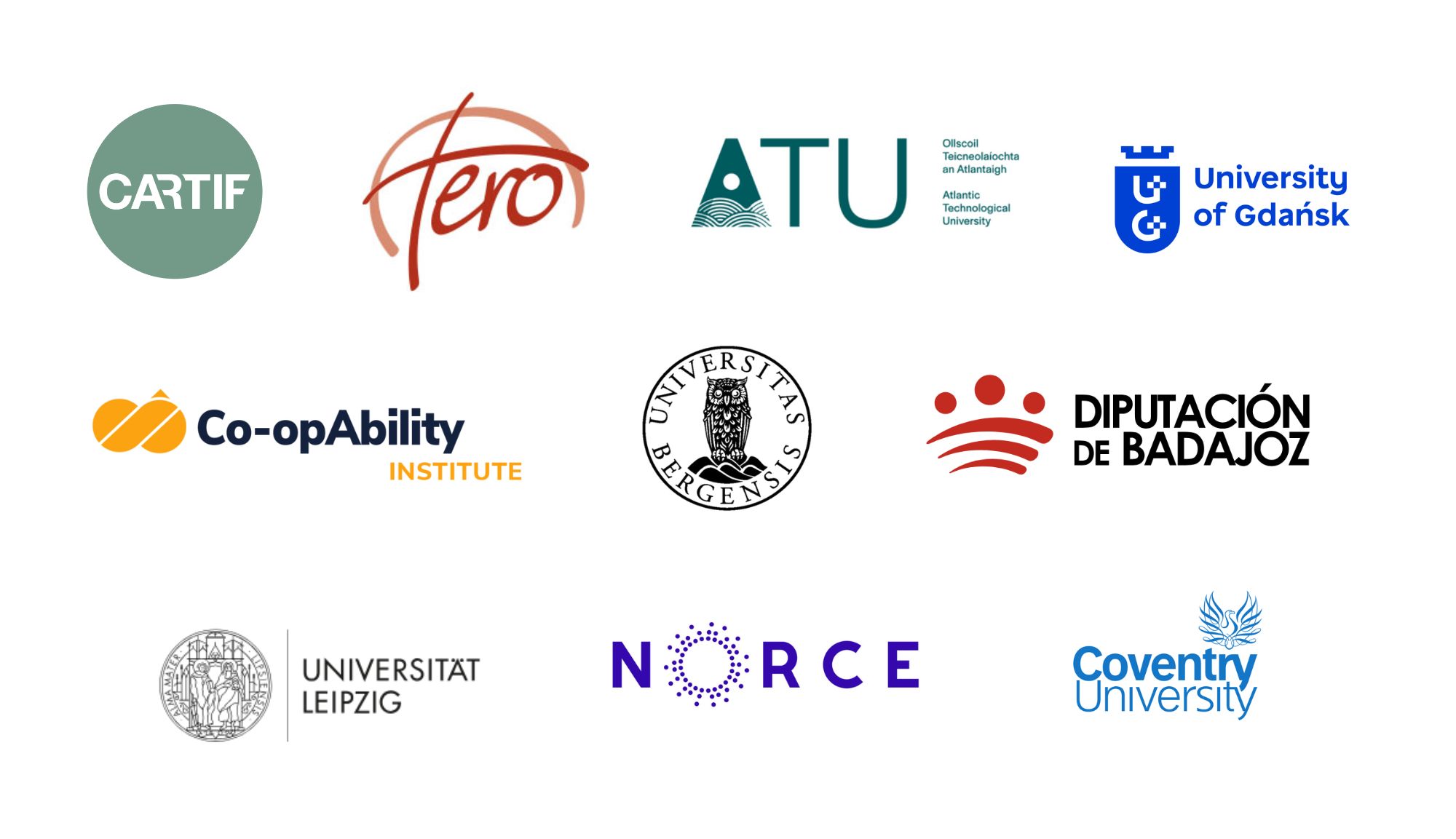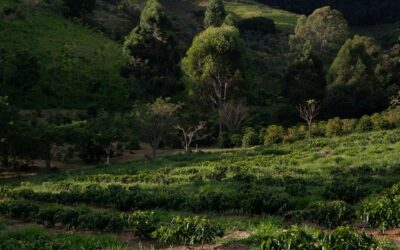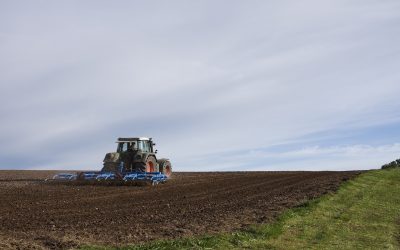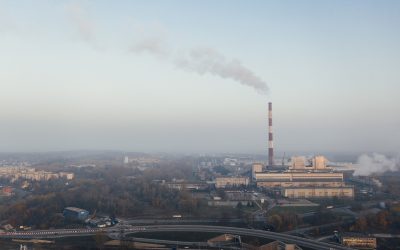CARTIF projects
PRO-CLIMATE
Proactive community adaptation to climate change through social transformation and behavioural change
Description
PRO-CLIMATE’s strategic objective is to support communities to proactively adapt to climate change through social transformation and behavioural change. To achieve this, PRO-CLIMATE will identify social tipping points and policy actions to achieve systemic transformation across social systems. PRO-CLIMATE will adopt an approach guided by the concept of systems thinking, which views communities as complex systems interconnected and influenced by multiple socio-economic and environmental factors. By understanding and harnessing their dynamics, it will develop strategies and interventions that promote social transformation and behavioural change. The result will be a solid framework for designing effective methodologies and tools that foster proactively adaptive behaviours and facilitate transformative change. A set of diverse case studies (in terms of climate change issues and socio-economic contexts) across Europe will be an instrumental tool for co-creating, validating and scaling up this framework by running living labs and bringing together stakeholders to understand community governance and institutional structures, and also to promote social change.
Objectives
-
- Develop a living laboratory framework to enable real-world settings in six (6) European countries to design, implement, test and monitor systemic transformation to achieve climate resilience through behavioural changes and governance strategies.
- Identify the key components of each climate adaptation system, their interactions, systemic interdependencies and trade-offs.
- Increase the behavioural change capacity of case study communities to design and implement sustainable, integrated and inclusive solutions to accelerate climate resilience, so that sustainable and effective solutions to support climate resilience are promoted by communities, and sustainable and effective solutions are provided to support climate resilience.
- Develop a multi-agent computer model (MACM) of the key dimensions of the European socio-ecological system based on data and knowledge generated in the project and designed to enable the identification of social tipping points and leverage points that enable systemic transformations towards climate resilience, and to develop from the MACM a policy tool to enable realistic forward-looking analysis of existing and future policy scenarios that can deliver systemic transformations towards climate resilience.
- Provide concrete and tailored operational recommendations, in cooperation with a broad spectrum of stakeholders, to accelerate systemic transformation in the six selected case studies and beyond. This will use the results of the living labs, key drivers and mapping, as well as the behaviour change workshops, together with the digital tool TransCliR.
Actions
- Participate in the identification of the focal action situation in the Badajoz region.
- Support in the identification of the main drivers and obstacles of social transformation at community level in the Badajoz region.
- Work with the Diputación de Badajoz on its case study through its change processes, in order to enhance individual, organisational and institutional change capacity to accelerate climate resilience.
- Participation in tailor-made events organised by the Diputación de Badajoz bringing together all stakeholders to implement behavioural change
Expected Results
- Identification of key components of climate adaptation systems, their interactions, systemic interdependencies and trade-offs.
- Design, implementation and evaluation of a living laboratory framework.
- The identification of social tipping points and leverage actions for policy makers.
- The development of a multi-agent computational model for European socio-ecological systems to enable realistic analysis of current and future policy scenarios likely to produce systemic transformations.
- Policy recommendations to accelerate systemic change.
R&D Line
- Research in forest management through the quantification of ecosystem services of forest stands and their performance in the face of climate change.
Partners

Horizon Europe
101137967

Total Budget: 3,666,685€
CARTIF Budget: 256,875€
CARTIF Grant: 256,875€
Duration: 01/01/2024 – 31/12/2026
Responsible
José Mª Sanz
Division of Agrifood and Processes
Networking
Natural resources and climate projects:
PRO-COAST
Stimulate and empower local communities and civil society in general, to support restoration and maintenance of biodiversity and ecosystem services across Europe, and thus to involve them more actively in environmental governance.
Agrigenomics and next-generation sequencing technologies
Implement advanced solutions to solve various problems linked to the agro-forestry and food sectors in Castilla y León, such as soil degradation, low agricultural productivity or the incidence of pests and diseases
ECOFORES
ECOFORES objective is the development of nerw bioproducts, agroecological processes and new solutions environmentally sustainable, through the application of subproducts conversion technologies.
AIR-COMPOST
AIR-COMPOST general objective is to reduce the odours and Volatile Organic Compounds (VOCs) produced on the process of composting through the addition of microorganisms, additives and other compounds.
NATMed
NATMed project will develop, implement and validate a joint of innovative nature based solutions (NbS) on existent water infrastructures for improving the management of the water cycle and provide Ecosistemic Services and environmental, social and economic benefits.
Sustainable process for the efficient recovery of metals from wasted electric vehicle batteries
Recovery of metal oxides present in the cathode of electric vehicle battery cells by means of hydrometallurgical and direct recycling processes.
Innovation in rapid methods for the detection of biomarkers of interest in agri-food, environmental health and biomedicine
Las líneas de investigación de CARTIF en calidad de aire interior y mejora de la calidad alimentaria buscan ir un paso más allá en las capacidades analíticas y experiencia que se tienen actualmente para trabajar en aplicaciones dentro de los sectores de la salud ambiental, la agroalimentación y la biomedicina.
REGIONS4CLIMATE
The Regions4Climate project aims to collaboratively develop and demosntrate a socially-just transititon to climate resilience. Based on cross-sectoral roadmaps developed together with regional stakeholders.
CIRAWA
CIRAWA will boost the implementation of agro-ecology in West Africa, thus facilitating the transition to a more sustainable food system.
InvestCEC
InvestCEC will develop a pelicable model to implement circular economy projects in cities and regions of all Europe, taking into account all the interested relevant parts.
S4UG
S4UG is a feasibility study that pretends to demonstrate the technical and commercial feasibility of the services based on the observation of the Earth that addresses the design, planification and management of the urban green infrastructure.
K-HEALTHinAIR
K-HEALTHinAIR busca evaluar la calidad del aire interior en 9 diferentes escenarios representativos a nivel europeo en base a una campaña de monitorización de parámetros físicos, químicos y biológicos. El estudio se llevará a cabo en 5 pilotos diferentes distribuidos por toda Europa: Barcelona, Rotterdam, Baden-Wurtemberg, Polonia/Austria y Noruega.
SUPERA
SUPERA project is based on increasing and improving the knowledge of the mechanisms of action of RNAi in the framework of plant health, thus boosting agricultural productivity and environmentally friendly forest health. Environmental RNAi refers to the uptake of RNAs from the environment that can induce systemic gene silencing in the organism.
AgriGenomics Hub
The project focuses on boosting the biotechnology activity in the agroindustry in Turkey, from the farm to the agro company, throughout knowledge, technologies and new products arising from the creation of a research and innovation centre focused in the agrogenomic study of animals and plants
FIREPOCTEP
Adaptation to the climate change through the prevention and management of the landscape exposed to huge forestry fires in cross-border rural areas between Spain and Portugal.
PHENOLEXA
Agricultural side streams-olives, wine, chicory and onions- are rich in bioactive compounds (BAC) and have antioxidant, antimicrobial, anti-inflammatory and anticancer properties. Their full potential has yet to be realised, due to a lack of technologies that preserve the complexity and functionality of these BAC.
NEMO
NEMO aims to create a turn-key solution through which new systems are integrated into existing infrastructure to empirically measure emissions and noise emitted by individual vehicles
LIFE myBUILDINGisGREEN
LIFE myBUILDINGisGREEN provides Nature-based solutions for the local adaptation of education and social buildings in the face of Climate Change
NBS-Lab
The NBS-Lab project research on the functional use of natural resources to solve environmental problems arising from current climate change and ecosystem deterioration of urban and peri-urban areas.
The project seeks competitive positioning of regional companies in the field of Nature Based Solutions (NBS).
LIFE ALCHEMIA
El Proyecto LIFE ALCHEMIA busca eliminar la presencia de radiactividad natural, uno de los retos actuales del agua de consumo humano.
REMESOL
REMESOL aims to recover depleted soils with low agricultural production by applying artificial soils based on mixtures of waste, by-products and products.
LIFE GySTRA
LIFE GySTRA will provide the most effective solution for this problem, creating a global system to precisely quantify vehicle emissions in real driving situations, not only to control them, but to support the creation of a policy to achieve its reduction
URBAN GreenUP
RBAN GreenUP objective is the development, application and replication of Renaturing Urban Plans in a European and non-European cities with the aim to mitigate the climate change effects
POCTEP ESMIMET
POCTEP ESMIMET generates a network of scientific-technical knowledge and R & D & I around the development of metal mining capabilities that allow the development of regional and joint activities, projects and initiatives of high added value in different areas of I + D + i.
SUSTRA-TEC
SUSTRA-TEC has developed innovative technological substrates with techno-soil characteristics, providing as a novel aspect the self-fertilizing capacity and the capture of atmospheric pollutants.
MSP-REFRAM
MSP-REFRAM will address these challenges by creating of a common multi-stakeholder platform in order to support the implementation of the EIP on Raw Materials.
FERTINOVO
The FERTINOVO project develop intelligent fertilizers through the valorization of by-products derived from the poultry multiplication activity of the laying sector.
LIFE BATTLE CO2
The LIFE BATTLE CO2 Project has developed an innovative process, in which the use of biomass as an alternative fuel allows a decrease in CO2 emissions and enhances the development of low carbon processes.
LIFE EQUINOX
The Life-EQUINOX project has developed a new method that allows asphalt roads to “capture” NOx in the atmosphere, thanks to a chemical reaction that uses solar radiation and titanium dioxide.
LIFE DIOXDETECTOR
The technique developed in the LIFE DIOXDETECTOR project for the quantification of PCDDs / PCDFs will represent a revolution compared to other traditional techniques, due to multiple innovative aspects such as the reduction of both sampling and analysis times and the reduction of the costs of analysis, among others.
SHBUILDINGS
SHBUIDINGS develops a degradation prevention system that at the same time serves for the complete management of historic buildings, using advances in sensoring, Internet of things (IoT) and cloud computing, providing objective criteria for decision-making on actions to be carried out in the building where that system is deployed.
BIOSELENER
BIOSELENER develops functional systems for the supply of solid biomass for energy purposes, based on the selective zonal implantation of agroforestry crops.































